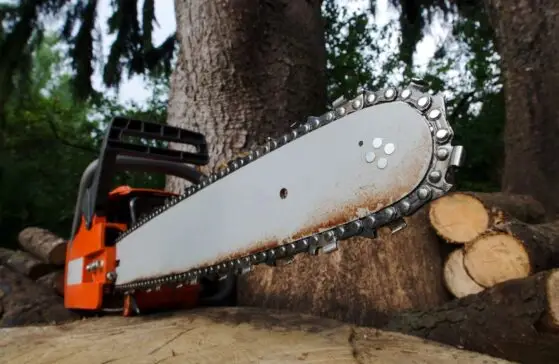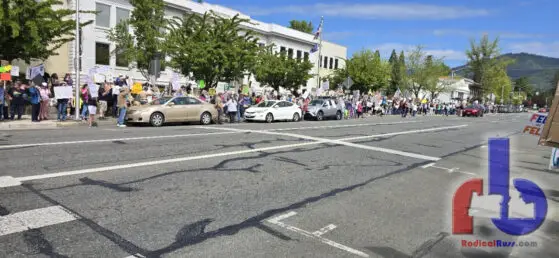Southern Children Still Suffer Waiting for Legal CBD Oil
In 2014, eleven states (Alabama, Florida, Iowa, Kentucky, Mississippi, Missouri, North Carolina, South Carolina, Tennessee, Utah, and Wisconsin) passed legalization of medical use of cannabis oil high in cannabidiol containing only trace hemp-levels of delta-9 tetrahydrocannabinol. The oil, sometimes called high-CBD-oil, is politically palatable to the legislators of these states because its low THC content does not lead to euphoria for the user – the so-called “high” from standard cannabis.
Critics of these CBD-only medical marijuana laws point out that the laws mostly do not provide for any access to the CBD oil, inferring that the patients would have to acquire the CBD oil in a legal medical marijuana state, such as Colorado, and then break state and federal drug trafficking laws to bring it back home, where the law would then protect patients’ possession of the oil. Some contend that passing these CBD-only laws were a form of political diversion to get the most compelling tales of medical need – children with epilepsy whose only hope is medical marijuana – off the floor of statehouses, where continued media coverage may have aided passage of broader medical marijuana laws or, at the very least, embarrassed a few powerful politicians opposed to medical marijuana.
Now, half a year after the passage of most of these CBD-only laws in the South, thousands of Southern patients are still waiting for the promise of CBD oil treatments to be fulfilled.
In Alabama, the CBD-only law was signed in mid-April. Seven months later, the University of Alabama-Birmingham (UAB) is telling patients its CBD research program is struggling through government regulatory hoops. UAB explains that it is still waiting for approvals from the DEA, the FDA and the university a process the school says should be finished “soon.” There are over 400 Alabamans signed up for the research study, which will provide free CBD oil to all participants without any receiving placebo.
In Florida the CBD-only law signed in mid-June allows for cultivators of high-CBD strains, like “Charlotte’s Web”, to provide the CBD oil in-state. But in mid-September, the state issued regulations concerning how to qualify for the five statewide licenses to grow cannabis. The rules require existing nurseries in Florida to be the sole qualifiers for the licenses, but some nurseries objected that the proposed rules don’t choose the best-suited nurseries, leaving the process little more than a lottery. Thanks to their appeal of the regulations, the entire process has been delayed an addition sixty days, pushing sales of CBD oil that were predicted for January 1st out to at least springtime.
In South Carolina, the CBD-only law was signed in early June, but like most other CBD-only states, it failed to provide any source for the CBD oil. This week, lawmakers there held a hearing where they admitted this oversight puts patients in a position where they must become illegal federal drug traffickers in order to use this medicine. “Last year it’s almost like we had the cart before the horse. We went ahead and allowed doctors to prescribe it to patients, but we really haven’t provided a means by which that drug can be available,” said Senator Tom Davis, chairman of the Medical Marijuana Study Committee, adding, “Now the next step since we’ve made it legal for doctors to prescribe it for patients we have to come up with a method by which the plant is grown and cultivated and extracted and dispensed here in South Carolina.”
It’s sad to think of all the children in the South who’d be smiling, laughing, and playing today, if only they lived in Colorado or any of the medical marijuana states that provide juvenile access to CBD oil. But traditional, conservative Southerners (or, at least their representatives) still fear that recreational, gets-you-high marijuana so much they’d rather see children suffer than expedite a proven treatment for their conditions. This is why any legalization vote anywhere helps all patients everywhere.






